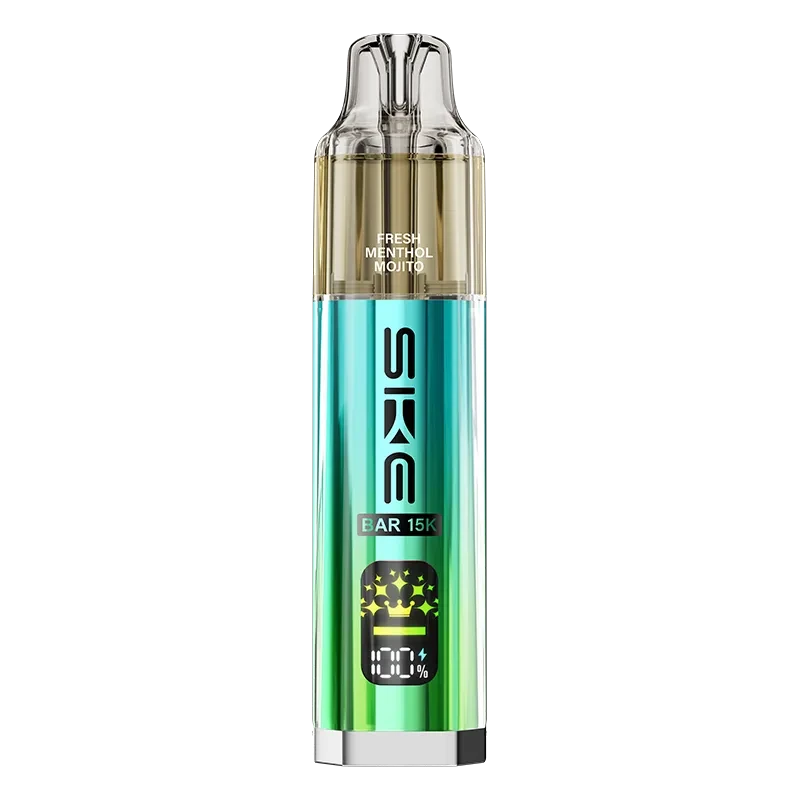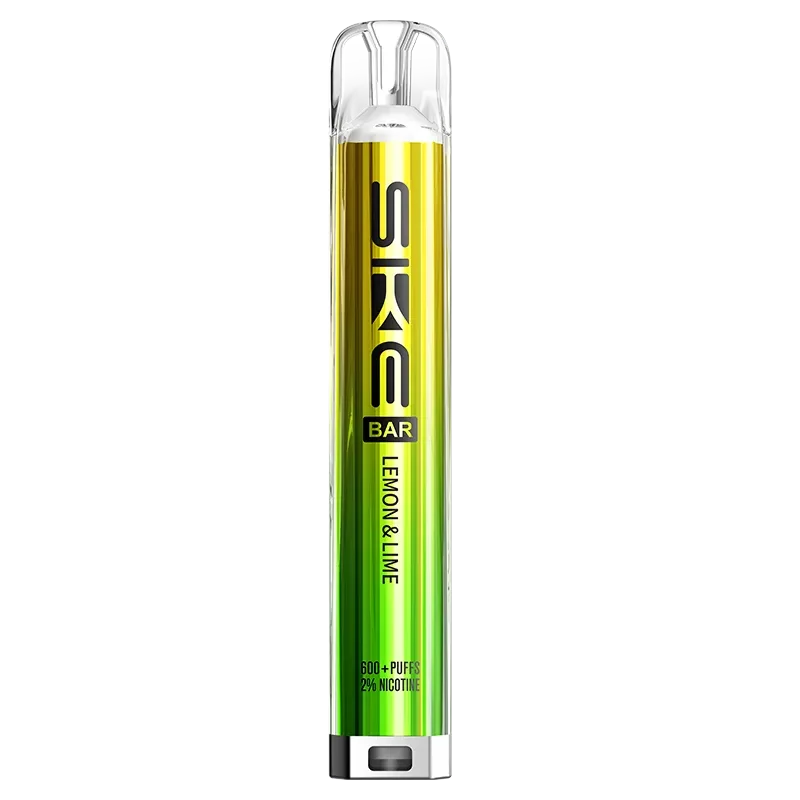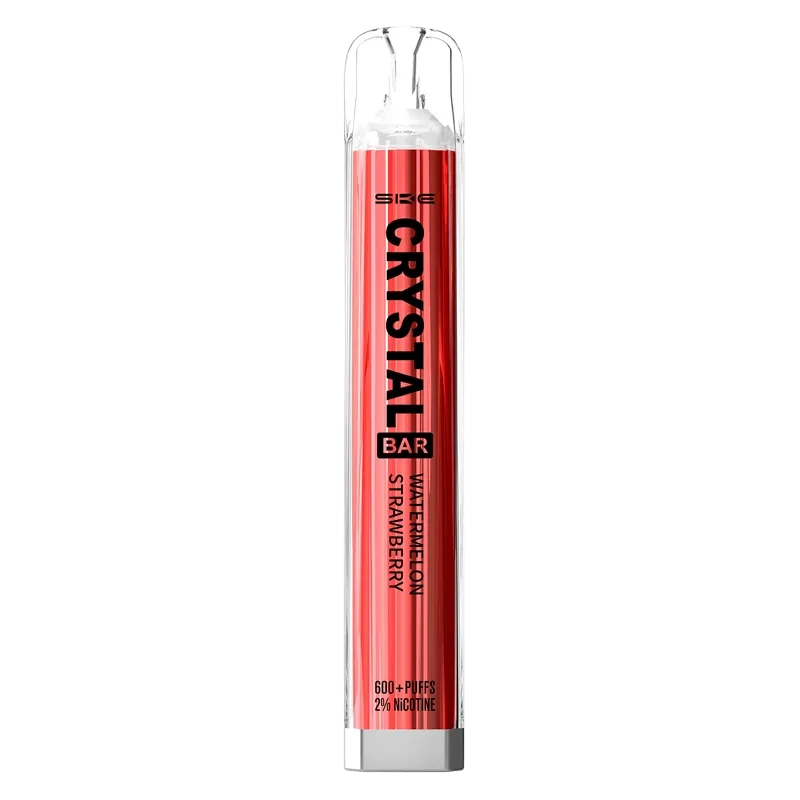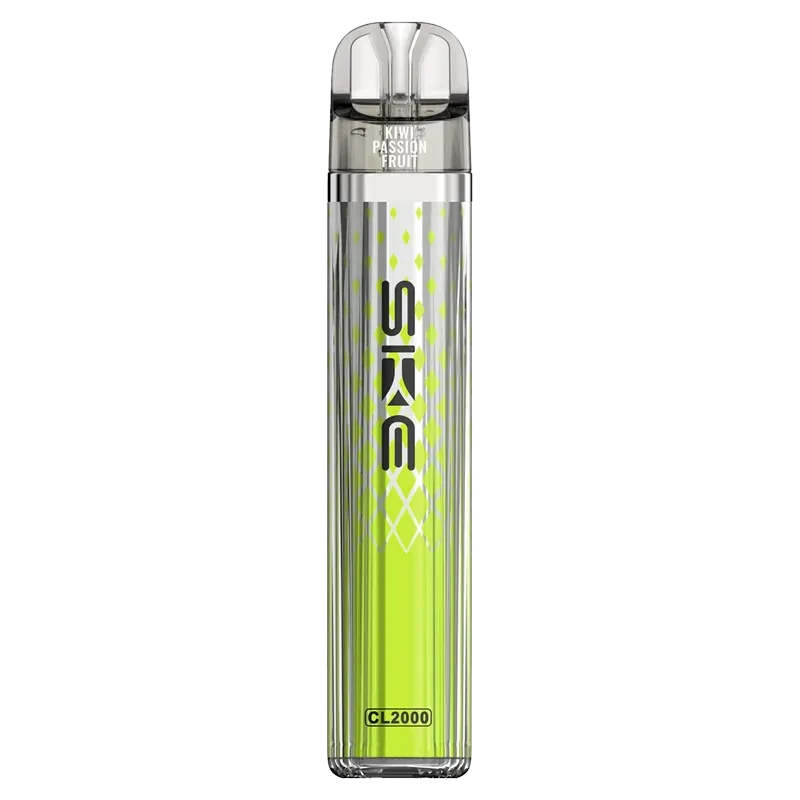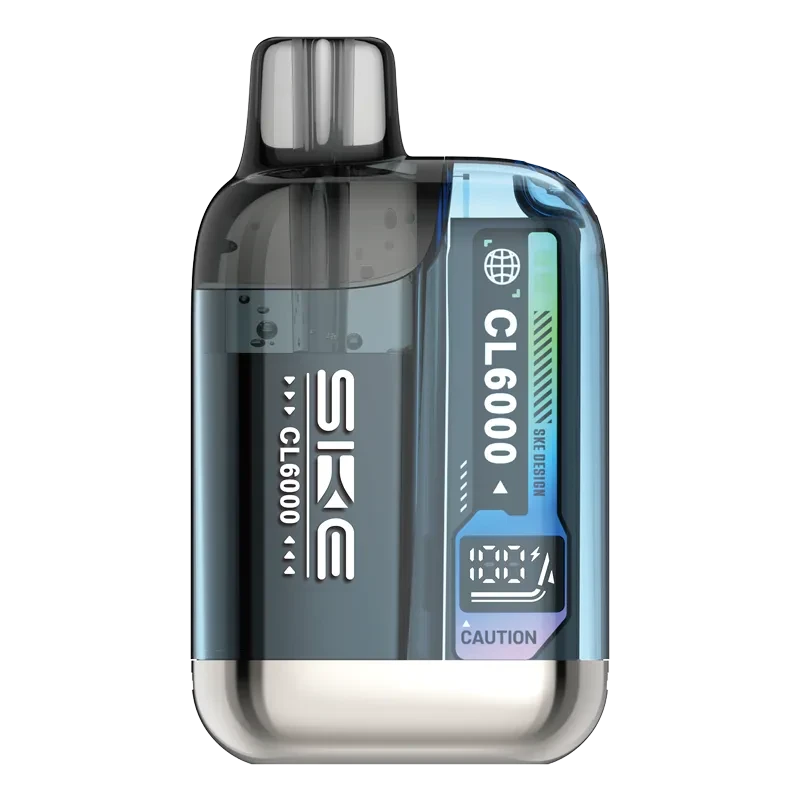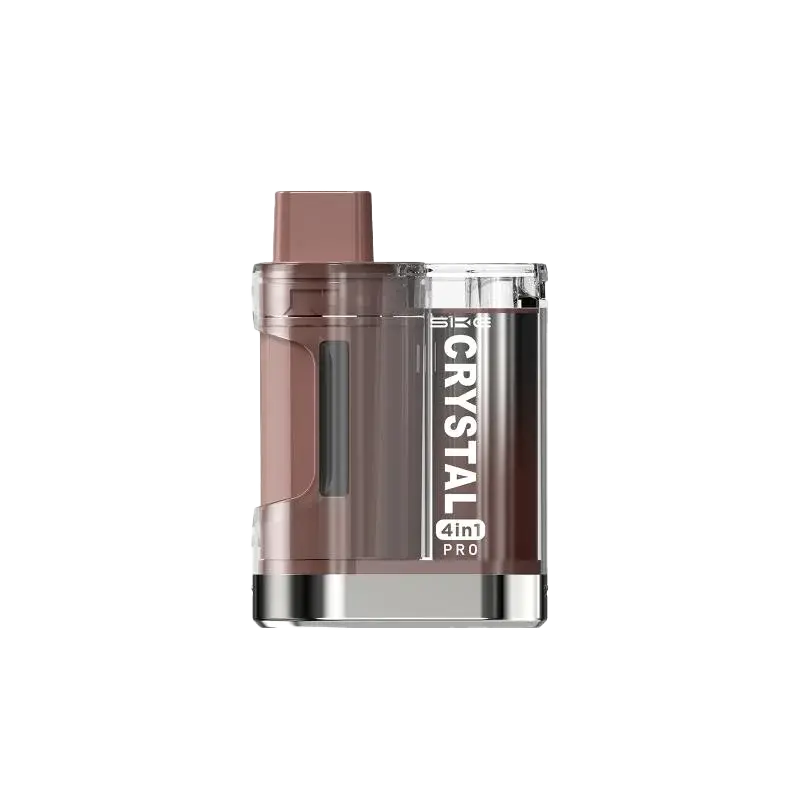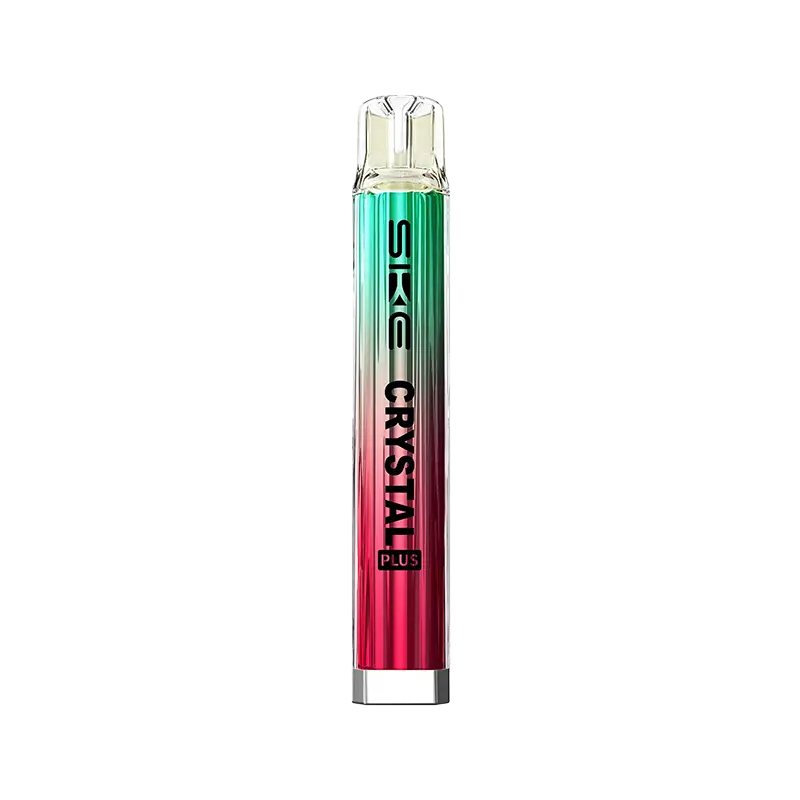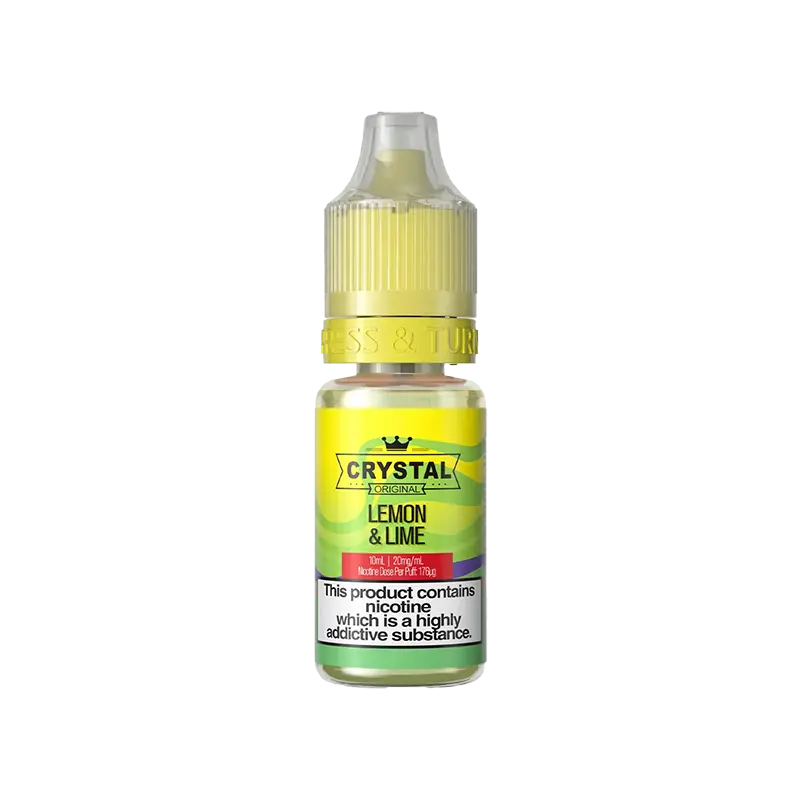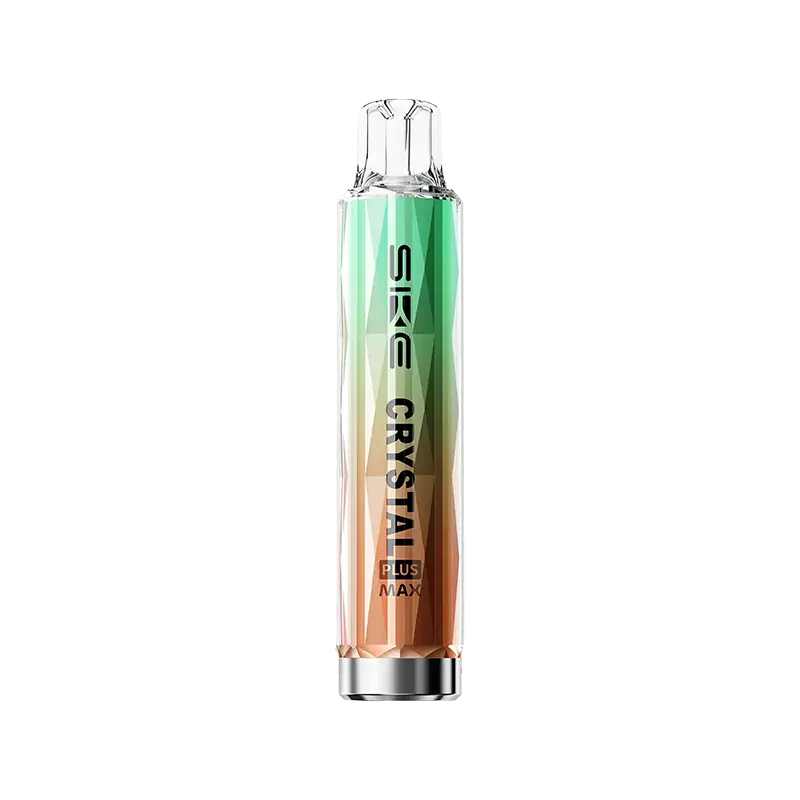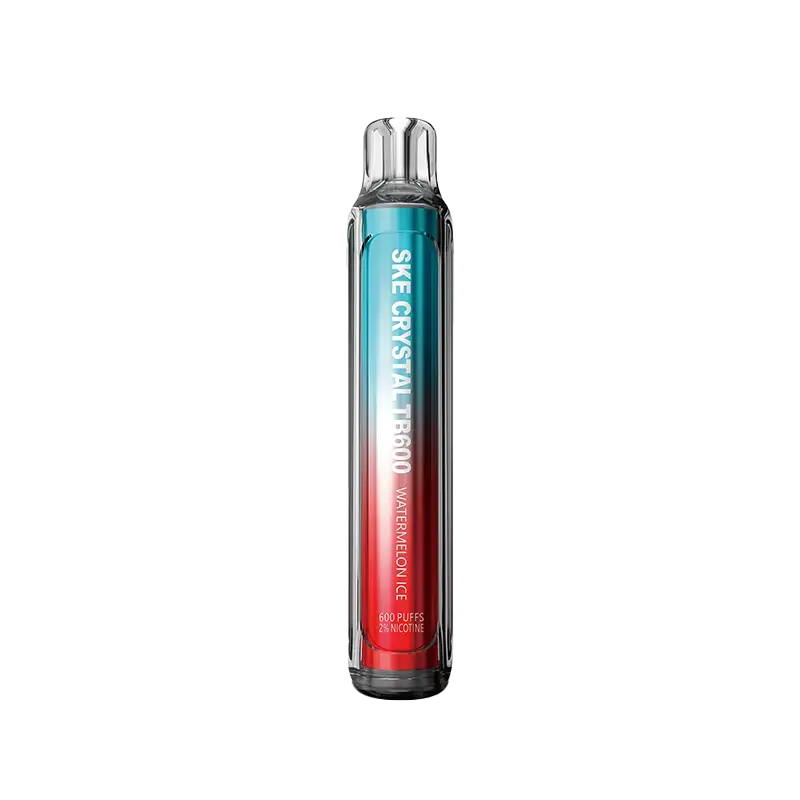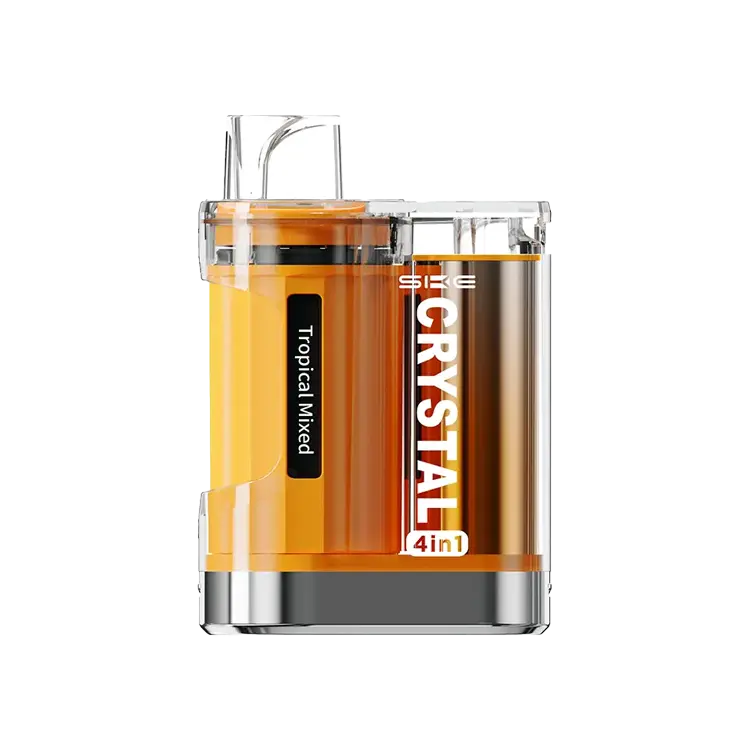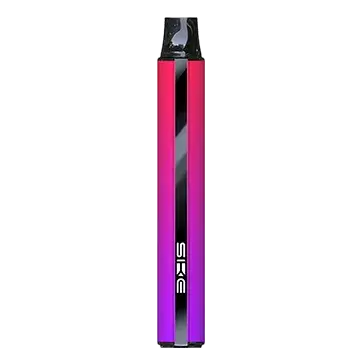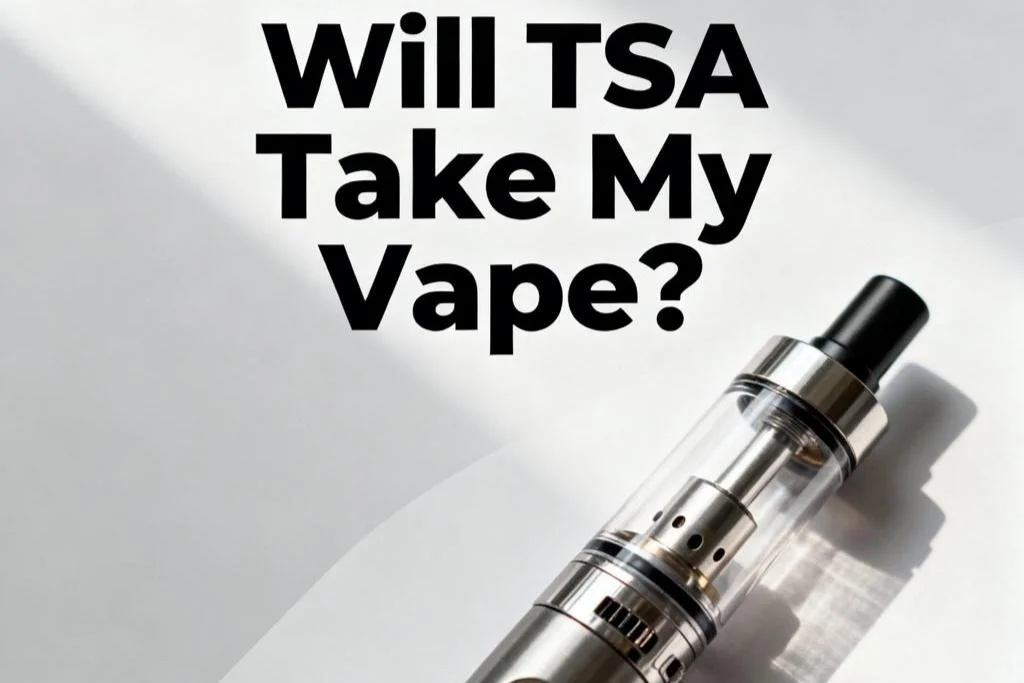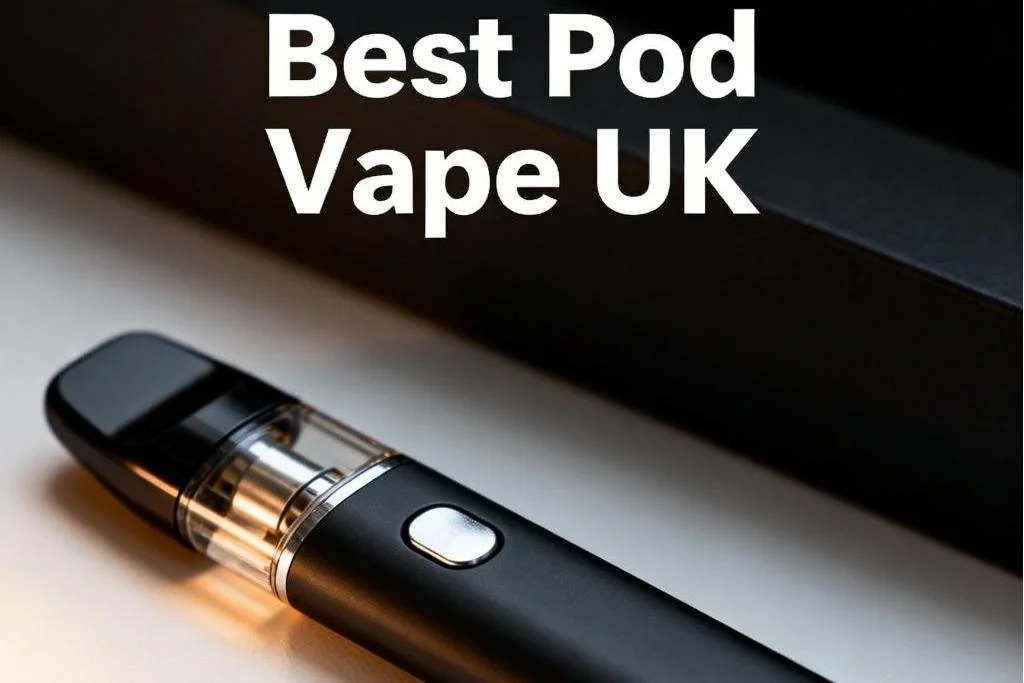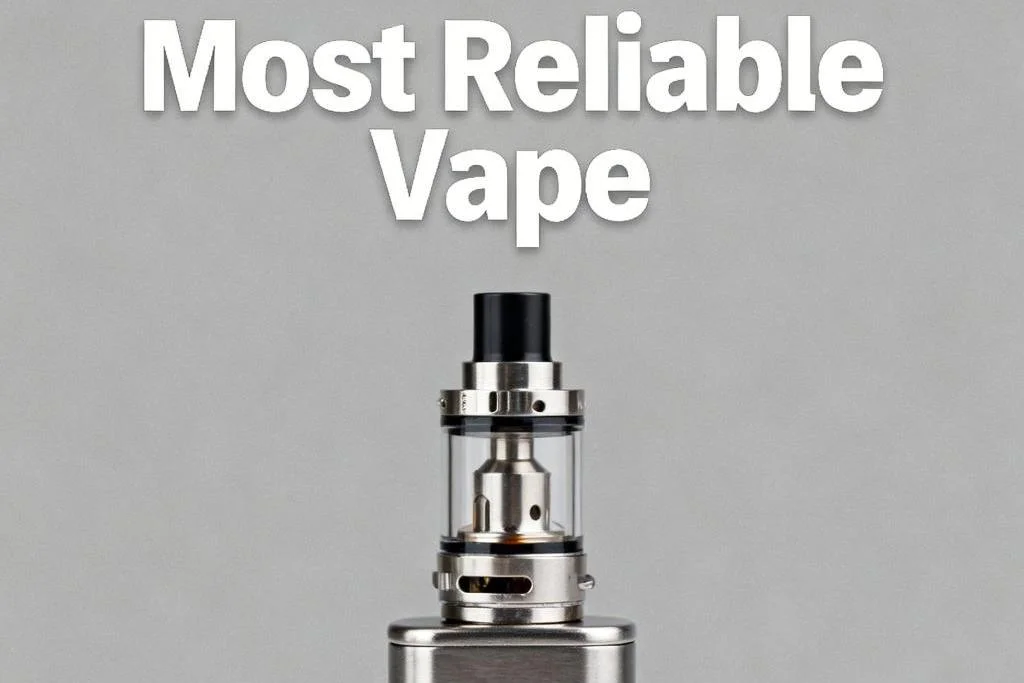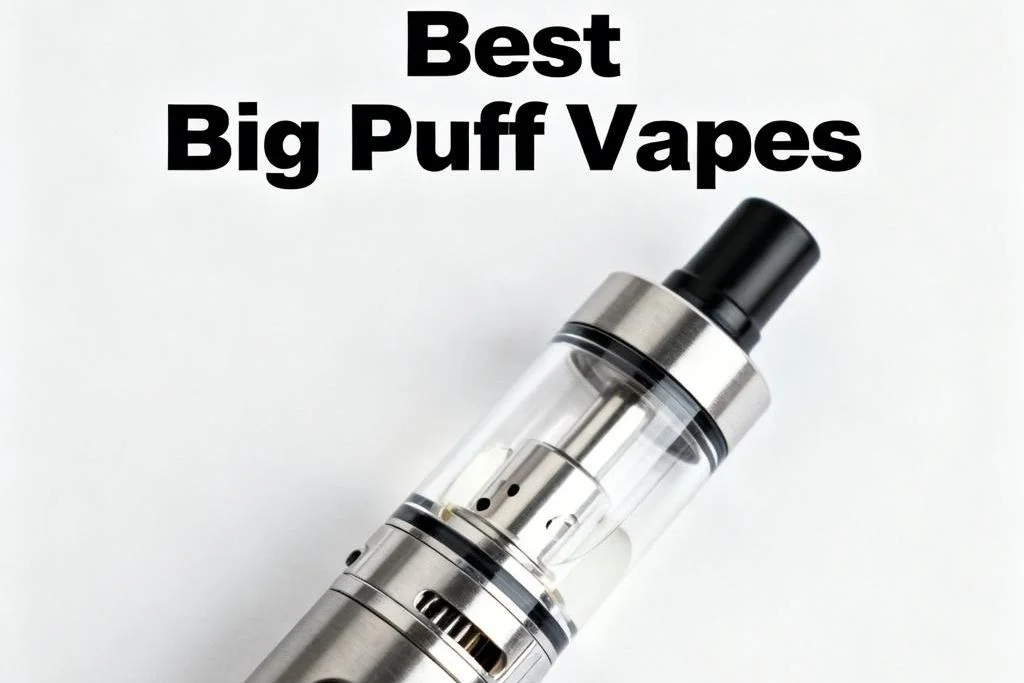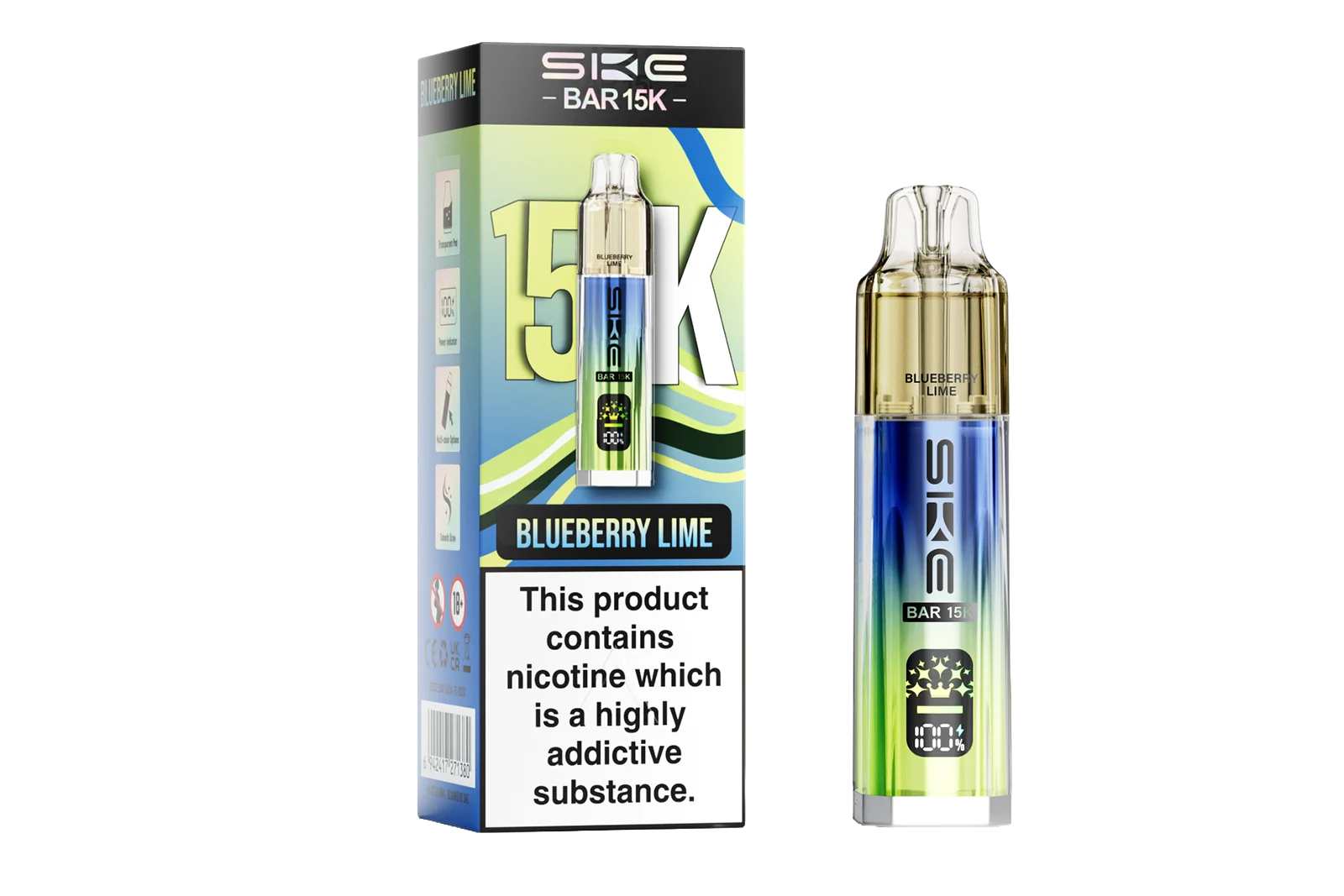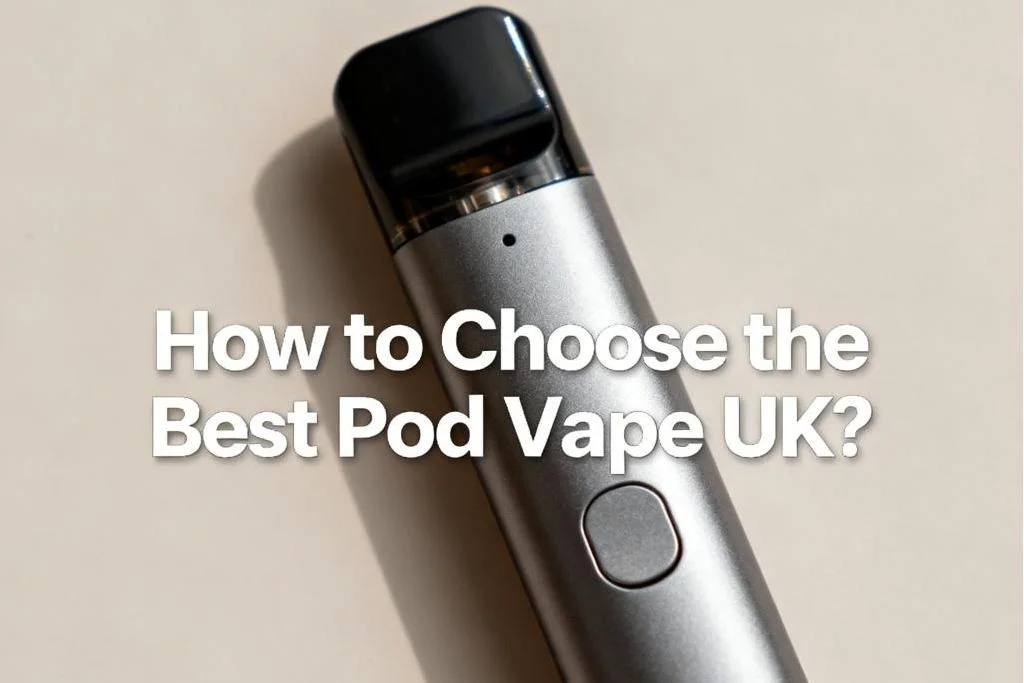DOES VAPING INCREASE BLOOD PRESSURE?
With the increasing popularity of e-cigarettes and disposable vapes, many health-conscious users are asking: Does vaping increase blood pressure? This question reflects a growing concern about the cardiovascular effects of vaping, especially among smokers looking to switch and new users drawn by flavored options. Here's what the latest evidence and medical insights reveal.
Understanding the Link Between Vaping and Blood Pressure
Vaping involves inhaling aerosolized substances, often containing nicotine, flavorings, and other chemicals. Nicotine—the primary addictive compound found in both cigarettes and many vapes—is a well-known stimulant that directly affects the cardiovascular system.
How Nicotine Impacts Blood Pressure
Nicotine stimulates the adrenal glands to release adrenaline, which can:
- Constrict blood vessels
- Increase heart rate
- Raise blood pressure temporarily
These effects may lead to elevated systolic and diastolic pressure shortly after vaping, especially in individuals who are nicotine-sensitive or have pre-existing hypertension.
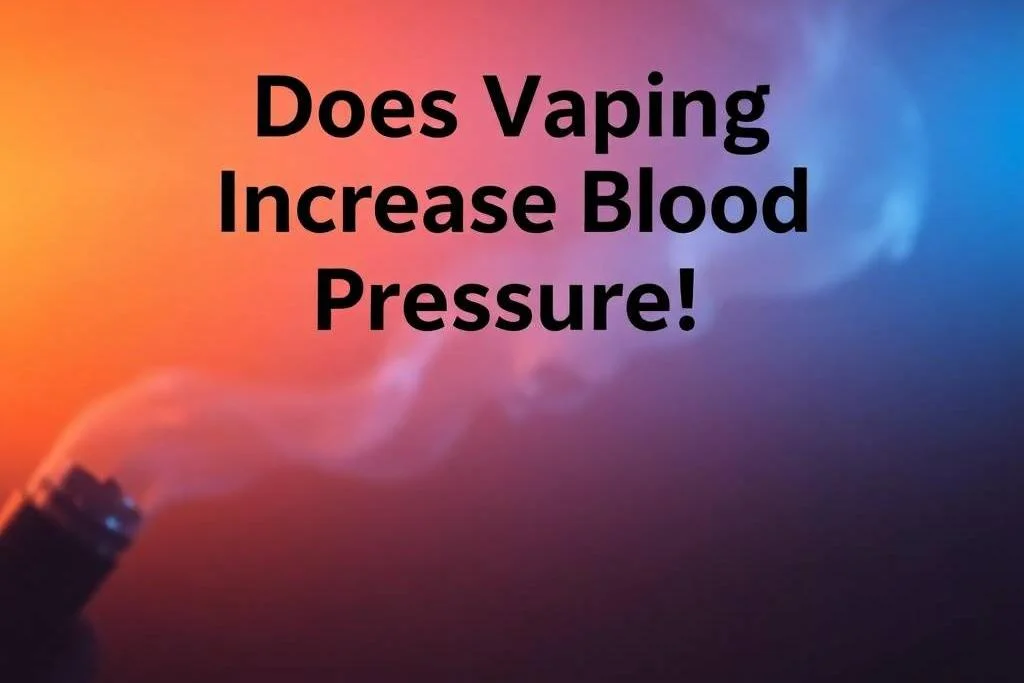
Research Findings on Vaping and Hypertension
While research is still evolving, several studies point to a connection between vaping and short-term increases in blood pressure:
- A 2018 study published in JAMA Cardiology showed that vaping nicotine-containing products significantly raised both heart rate and blood pressure shortly after use.
- A 2020 study in Tobacco Induced Diseases noted that dual users (those who vape and smoke) may be at higher risk of sustained hypertension due to continued nicotine exposure.
- The American Heart Association also cautions that even nicotine-free vapes may contain chemicals that can indirectly influence cardiovascular health by triggering inflammation or oxidative stress.
Is the Effect Temporary or Long-Term?
One of the key questions users ask is whether the blood pressure rise is temporary or chronic. Here's what the science suggests:
- Short-term spikes in blood pressure are well documented after nicotine vaping.
- The long-term impact remains under investigation, but repeated exposure to nicotine over time can contribute to persistent hypertension, particularly in those with underlying risk factors like obesity, stress, or poor diet.
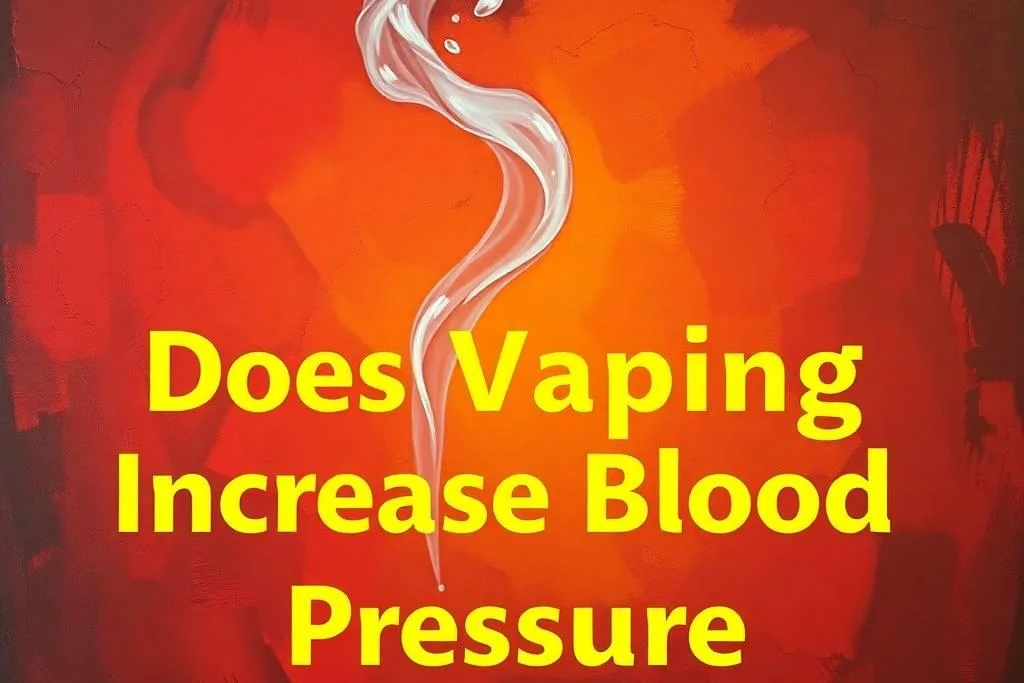
Does Vaping Without Nicotine Raise Blood Pressure?
Nicotine-free vapes are often seen as a safer alternative. While they may not directly increase blood pressure like nicotine does, other ingredients such as propylene glycol, vegetable glycerin, and flavoring agents can still cause respiratory irritation and systemic inflammation, which may have indirect cardiovascular effects.
Who Is Most at Risk?
The following groups should be particularly cautious about vaping if concerned about blood pressure:
- Individuals with hypertension or prehypertension
- Those with heart disease or a family history of cardiovascular issues
- People who consume high-nicotine vapes or use them frequently throughout the day
Tips to Reduce Risk
If you're a vaper worried about your blood pressure, consider these steps:
- Monitor your nicotine intake—use lower-strength e-liquids or switch to nicotine-free options.
- Avoid dual use—combining smoking and vaping can amplify health risks.
- Limit frequency—cutting back on how often you vape can help reduce cardiovascular strain.
- Get regular checkups—routine blood pressure monitoring is essential for early detection.
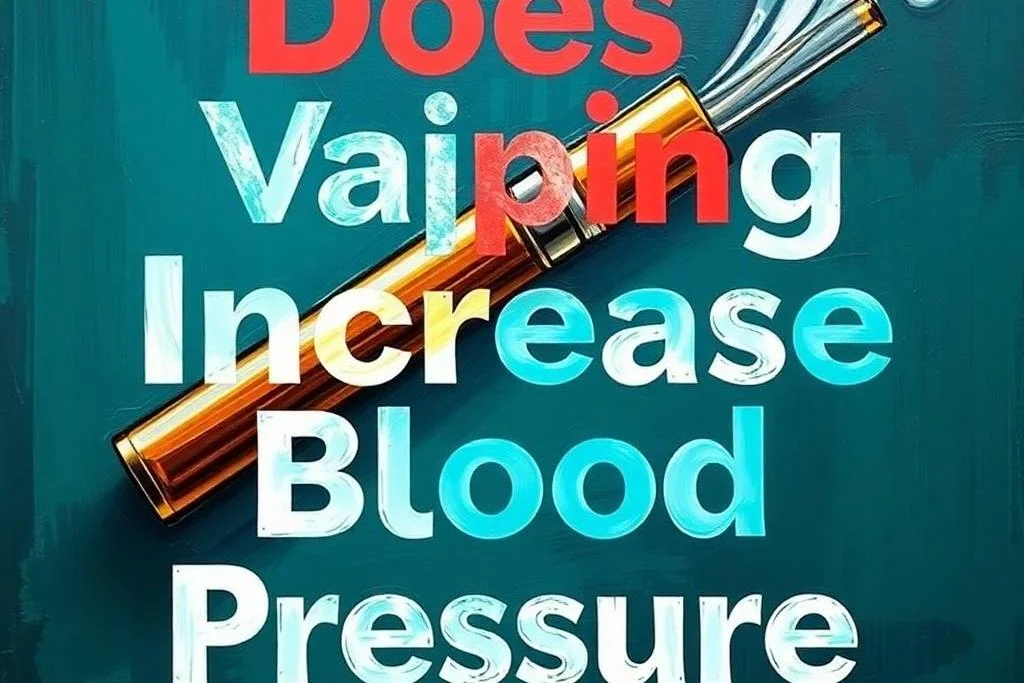
Conclusion
So, does vaping increase blood pressure? The answer is yes, particularly if the vape contains nicotine. Even nicotine-free vapes may carry risks that affect overall heart health. While vaping is often marketed as a safer alternative to smoking, it’s not risk-free—especially for those concerned about hypertension.
If you’re managing your blood pressure or have cardiovascular concerns, it’s best to consult a healthcare professional before continuing or starting to vape.

